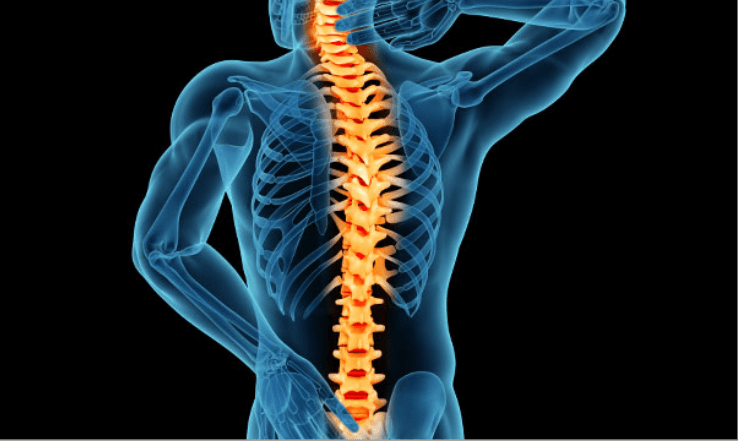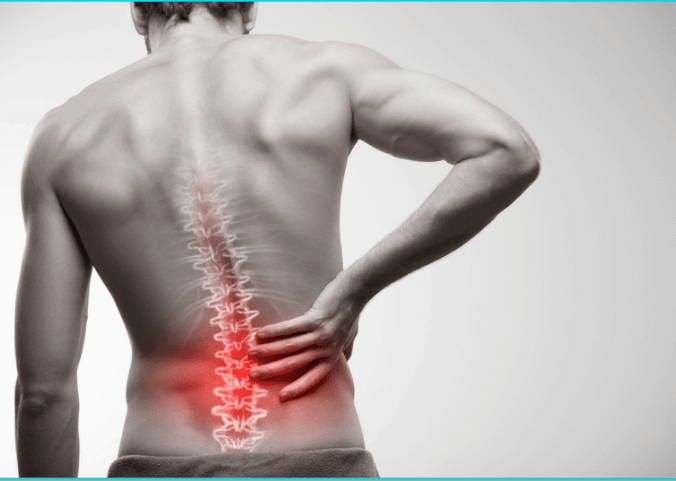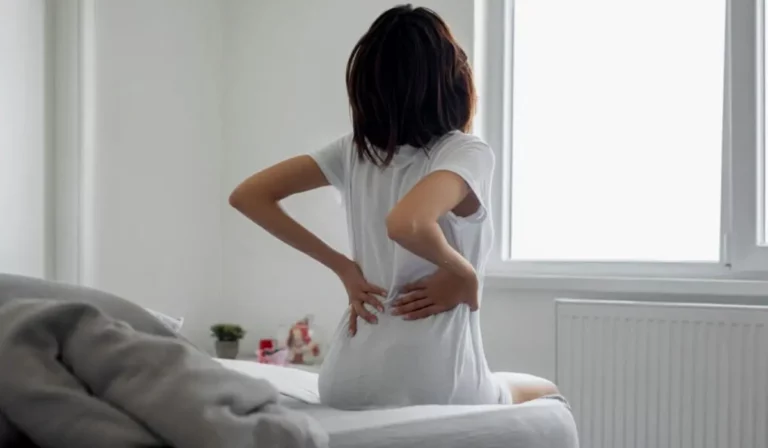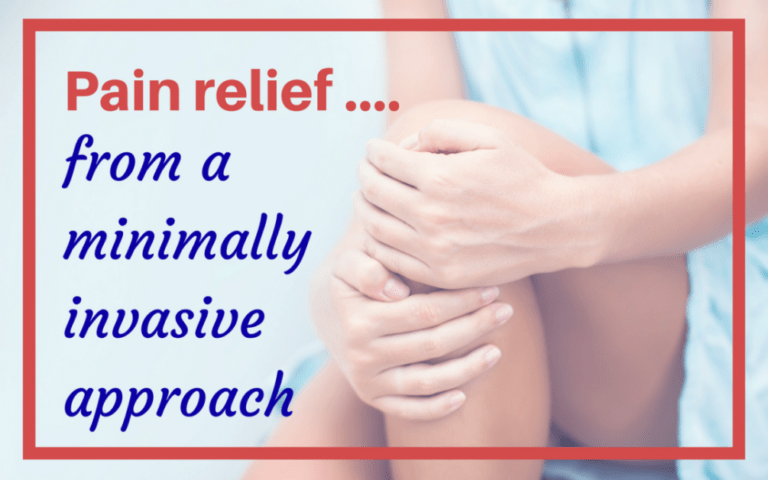What Causes Back Pain When You Sneeze? A Detailed Study On It!

You are busy with work or simply relaxing on a Sunday afternoon and suddenly feel the urge to sneeze. And so you do it, but then a stinging sensation in your back makes you wish you hadn’t sneezed at all! Yes, we have all been there and the worst part is when you can’t exactly understand why sneeze would cause so much back pain. Well, it has been found that back pain during a sneeze can be a symptom of an underlying condition.
When You Sneeze, Why Does Your Back Hurt?
Or worse, the sneeze can kickstart intense pain in your back. But why does this happen? What is the link between a sneeze and back pain? In this article, we will help you find out why!

Reasons For Back Pain During A Sneeze
There are various reasons for back pain after a sneeze and as mentioned earlier, it may also be a sign of an existing health concern. Here are some of the top reasons for back pain during sneeze;

- Sciatica: The sciatic nerve is the longest nerve in the body and runs down your spine and pelvis to your legs. Again, a sneeze can put pressure on the sciatic nerve causing intense pain in your back that extends to your legs as well.

- Herniated disc: Also called a ruptured disc, the pain comes suddenly and with great intensity. The inner disc material is soft and jelly-like so when you sneeze, it suddenly gets pushed against a nerve causing chronic pain.

- VCF or Vertebral Compression Fracture: Individuals diagnosed with osteoporosis are likely to suffer from VCF, says the American Association of Neurological Surgeons. This is because those with osteoporosis experience spinal fractures more than wrist or hip fractures. And sneezing easily causes VCF.

- Muscle spasms: A common answer that you would have in mind is muscle spasms. It usually occurs when you are doing an intense workout or any other heavy activity that requires over pressurizing your muscles. When you sneeze, particularly in full force, the muscles in your back are under pressure and they get ‘pulled’ creating intense back pain.
What Are The Treatments For It?
The core of it all is that when you sneeze, either your muscles, bones, or nerves get disrupted from their position by the pressure. As a result, you experience intense pain. But the solution is of course available.
And no, holding in your sneeze does not count. In fact, that is the last thing you want to do to make matters worse! You can take protective measures and make use of simple home remedies to combat back pain due to sneeze. Here are a few;
- Stand up before sneezing: According to a 2014 study referenced by Healthline, using the support of a hard surface such as a table can help take away the pressure on your back that comes with sneezing. And an even better option is to stand up while you do so, mainly because there is reduced pressure on your spine while standing up.
- Mild stretching/exercise: Research shows that doing safe stretches can help reduce the tension between the muscles and relieve pain. However, it is best to consult with your healthcare professional to do it right.
- Good posture: One of the most important keys to treat and prevent back pain is to practice good posture. After all, a bad posture is a major contributor to back pain. And that is something need to avoid before sneezing!
- Heat pack: It is wise to keep ice packs handy as they can help relieve muscle tension. But make sure that you keep the heat pack after placing the ice pack.
- Ice pack: Ice packs are best to reduce inflammation and combat muscle spasms. They provide a cooling effect to the muscles and releases pain.
Conclusion
It is too difficult to hold in a sneeze and doing so is the worst decision you can make as well. The best thing you can do is to consult a healthcare professional and treat the condition responsible for your back pain. As you already know, early treatment can always be the most effective.
Leaving the back pain undiagnosed can only worsen the condition and impact your flexibility and mobility leading to more health issues.
PainPathways Magazine
PainPathways is the first, only and ultimate pain magazine. First published in spring 2008, PainPathways is the culmination of the vision of Richard L. Rauck, MD, to provide a shared resource for people living with and caring for others in pain. This quarterly resource not only provides in-depth information on current treatments, therapies and research studies but also connects people who live with pain, both personally and professionally.
View All By PainPathways






